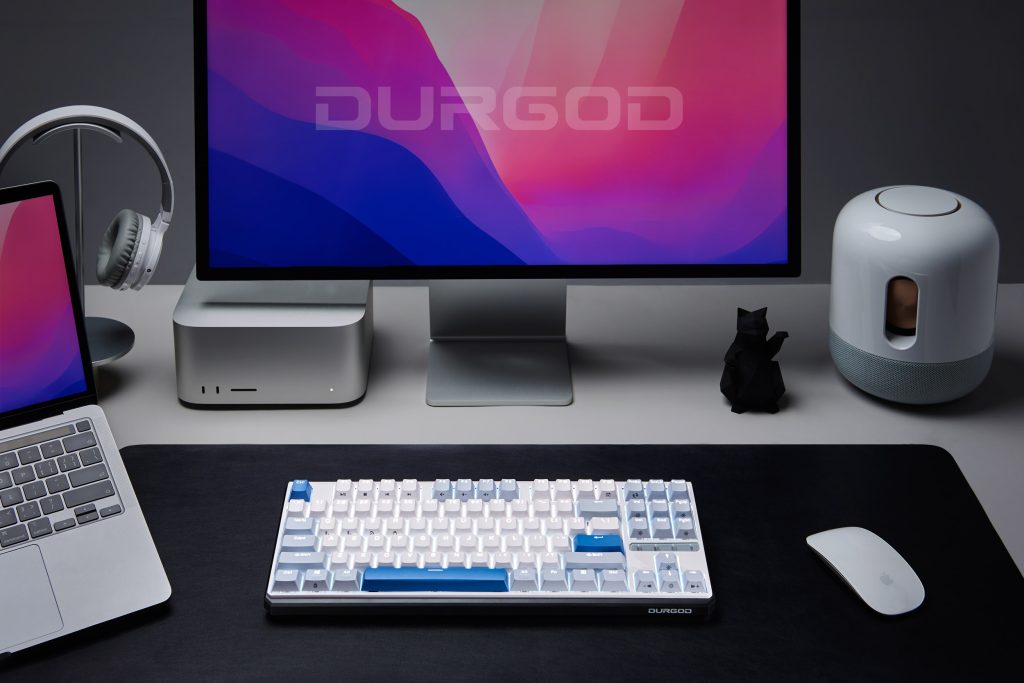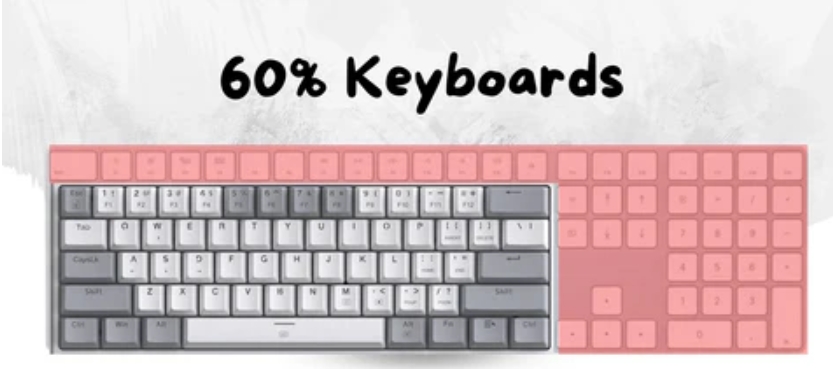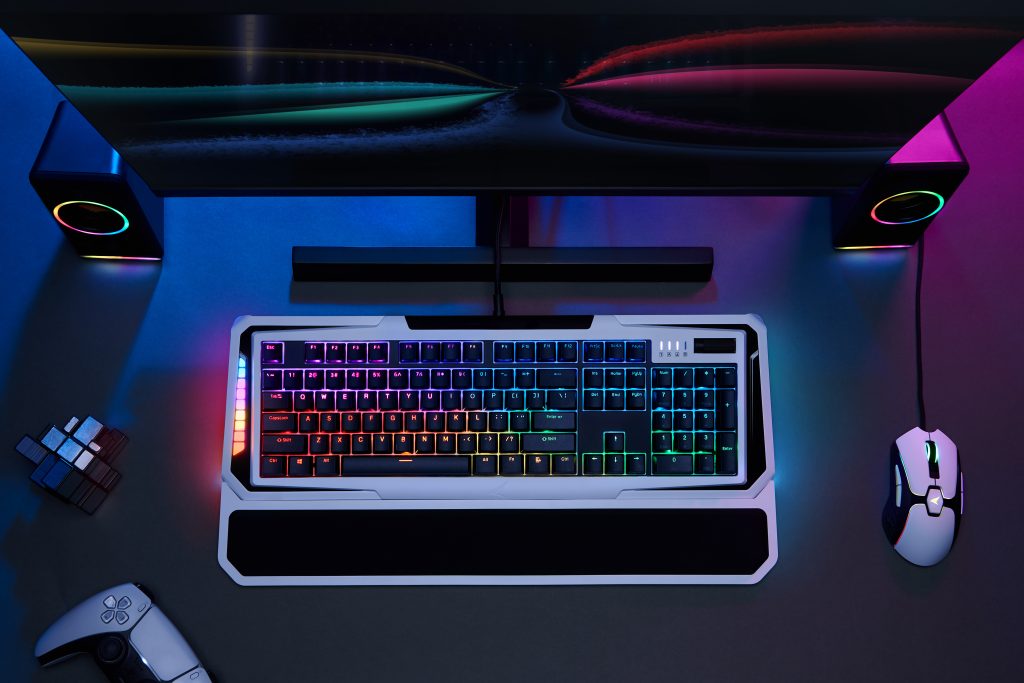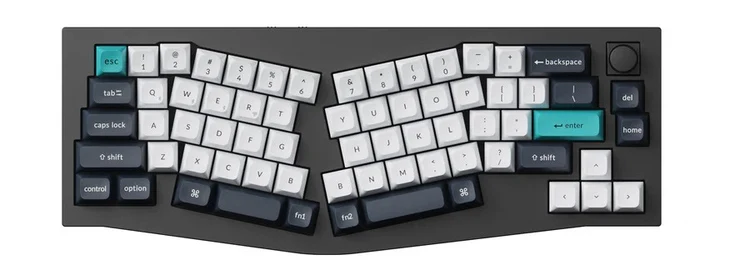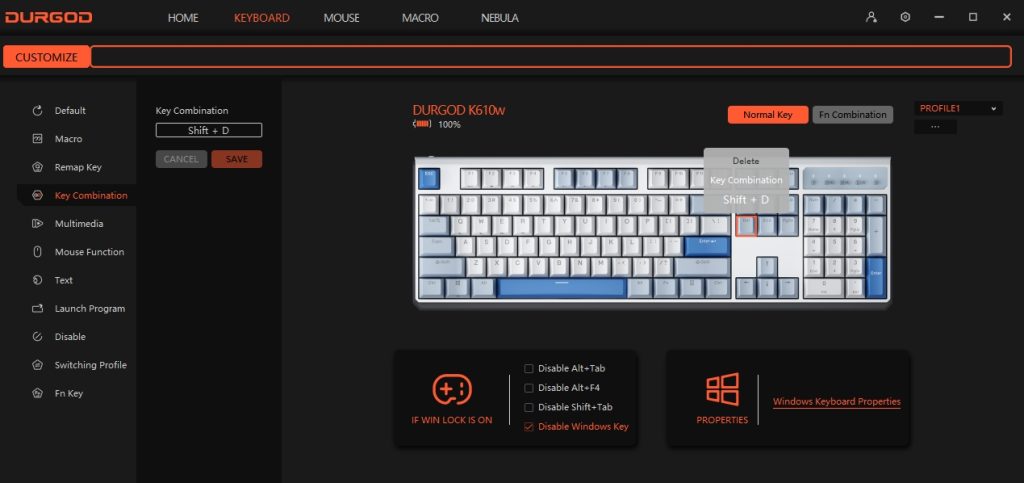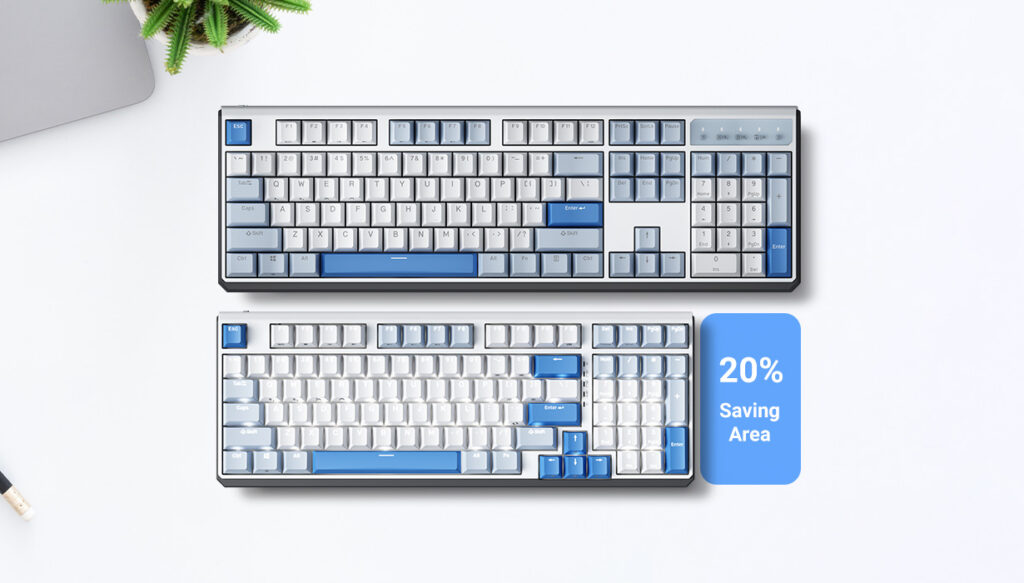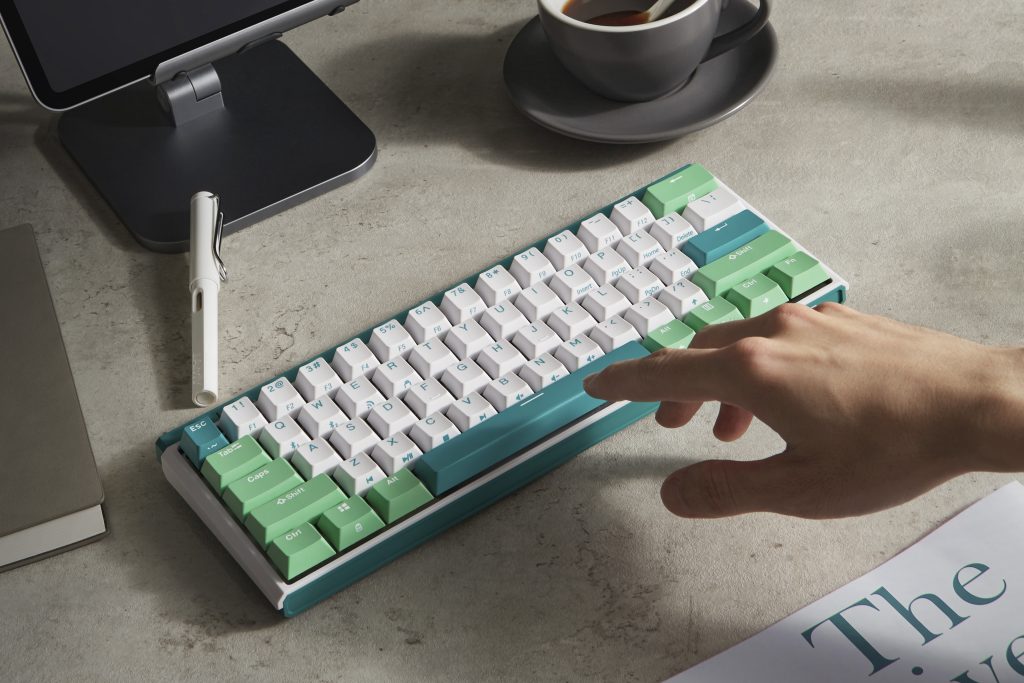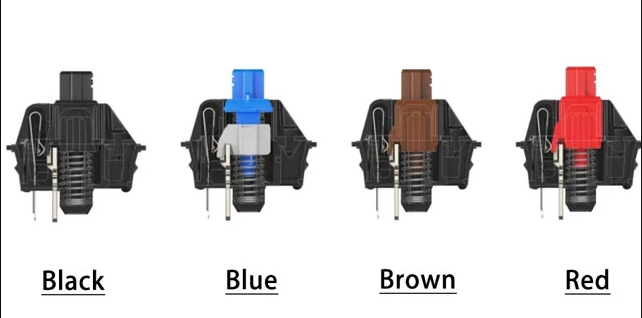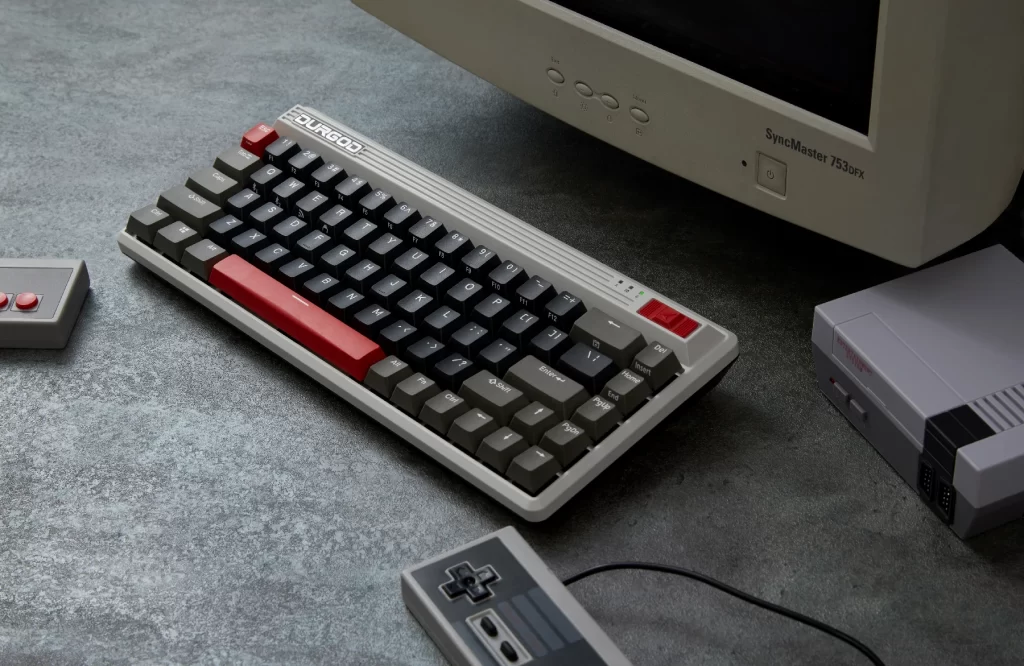Hybrid and mechanical keyboards are two distinct players in the keyboard market, each with its own set of strengths and weaknesses. Understanding the differences between these two types of keyboards is essential for making an informed purchasing decision. Let’s delve into the nuances of hybrid vs mechanical keyboard! Also, explore which option might be the best fit for your typing needs.
Hybrid Keyboard Overview:
A hybrid keyboard combines elements of both membrane and mechanical keyboards, offering a unique typing experience that blends the best of both worlds. Unlike traditional membrane keyboards, which use rubber domes to register key presses, hybrid keyboards incorporate mechanical switches into their design to provide tactile feedback and improved durability. However, hybrid keyboards retain the soft, quiet keystrokes characteristic of membrane keyboards, making them an attractive option for users who desire the tactile feel of mechanical switches without the accompanying noise.
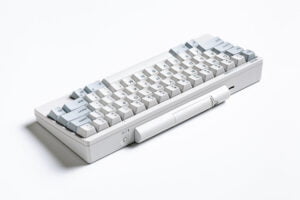
Mechanical Keyboard Overview:
On the other hand, mechanical keyboards are renowned for their precise key actuation, tactile feedback, and audible click sound. Each key on a mechanical keyboard is equipped with its own mechanical switch, typically made of high-quality materials such as Cherry MX or Gateron switches. This construction results in a typing experience that is highly responsive and satisfying, making mechanical keyboards a popular choice among gamers, typists, and enthusiasts alike.

Key Differences:
The primary difference between hybrid and mechanical keyboards lies in their respective key switch mechanisms. While hybrid keyboards use a combination of membrane and mechanical switches to achieve tactile feedback and quiet operation, mechanical keyboards rely solely on mechanical switches for key actuation. As a result, mechanical keyboards tend to offer a more pronounced tactile feel and audible click compared to hybrid keyboards, making them better suited for users who prioritize precision and feedback in their typing experience.
Choosing the Right Keyboard:
When deciding between a hybrid and mechanical keyboard, it’s essential to consider your typing preferences, environment, and budget. If you value the tactile feel and audible feedback of mechanical switches but prefer a quieter typing experience. A hybrid keyboard may definitely be the ideal choice. On the other hand, if you prioritize precision, responsiveness, and customization options, a mechanical keyboard may better suit your needs. Ultimately, the best keyboard for you will depend on your personal preferences and requirements.
Hybrid and mechanical keyboards offer distinct typing experiences, each with its own set of advantages and disadvantages. By understanding the differences between these two types of keyboards. You can make an informed decision and choose the keyboard that best aligns with your typing style and preferences. Whether you opt for the tactile feedback of a hybrid keyboard or the precision of a mechanical keyboard. Investing in the right keyboard can significantly enhance your typing experience and productivity.
For more knowledge of mechanical keyboards, visit DURGOD.





